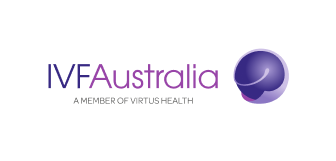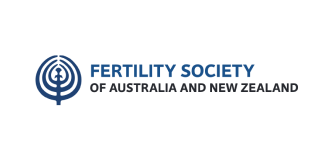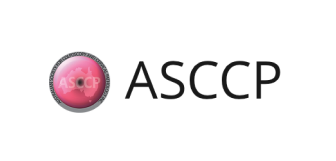
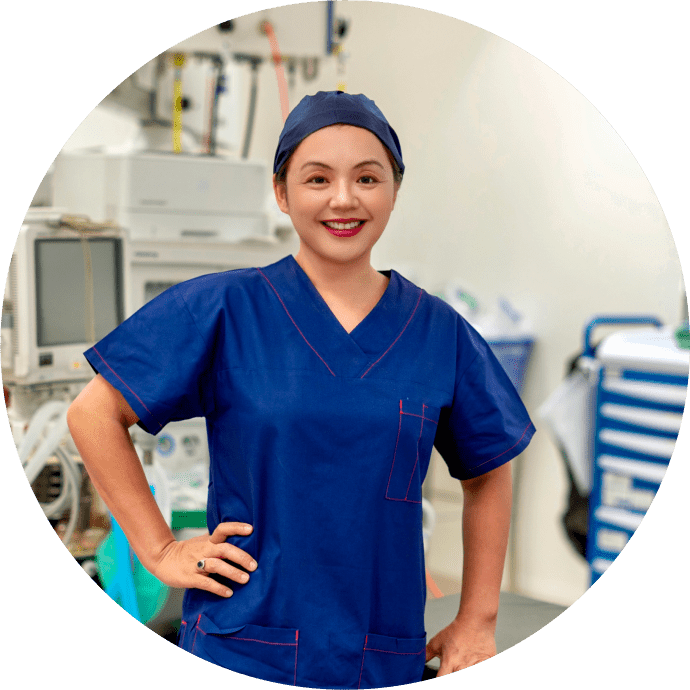
Colposcopy is a procedure to examine the cervix and vagina and vulva for signs of gynaecological conditions such as genital warts, inflammation or precancerous changes. If we find a suspected area of cells during the procedure, a sample of tissue can be collected for histological testing.
It is useful for the following conditions:
Preventative care, including regular check-ups and screenings, play a crucial role in women’s health. It is important to note that the treatment for each condition can vary based on its severity, individual patient factors, and medical recommendations. Treatments can vary from lifestyle modifications and medication to surgical interventions.
Women experiencing gynaecological issues should seek care from a qualified gynaecologist for proper evaluation and treatment. Do not delay your essential screening such as pap smears, etc.
It is a gynaecological procedure that uses a small camera to check the lining of the womb. You may need a hysteroscopy if you have heavy menstrual bleeding, fibroids, cervical or endometrial polyps or infertility. It can also assess conditions such as:

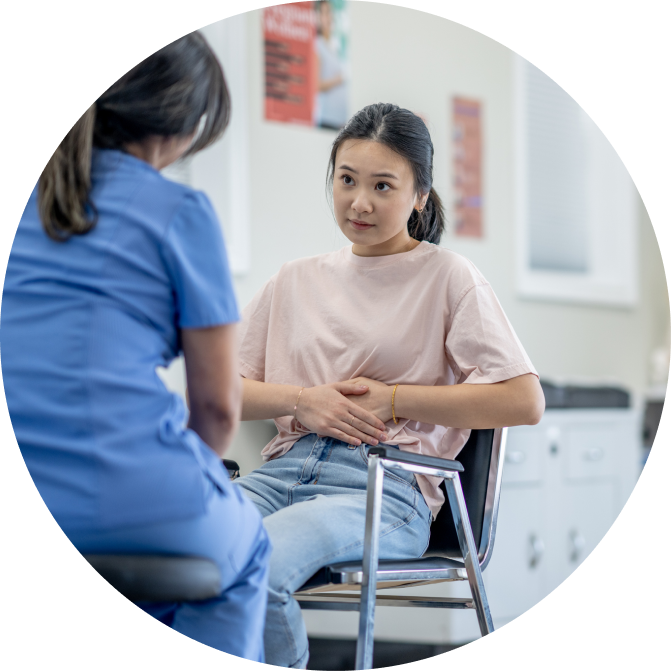
Laparoscopy (“keyhole surgery”) is a minimally-invasive surgical approach that uses a laparoscope (tiny camera) to examine the pelvic organs and perform surgery if needed.
It is particular useful for the diagnosis and treatment of following conditions:

Alexandria
Level 3, 15 Bowden Street, Alexandria
(02) 8372 3200
Burwood
Suite 202, Level 2, 74-76 Burwood Road, Burwood
(02) 8346 6840
Kogarah
Suite 15, level 3, St George Private Hospital, Kogarah
(02) 8567 6955
Chatswood
Level 1, 7 Help Street, Chatswood
(02) 9415 2899

